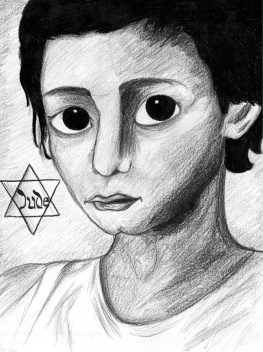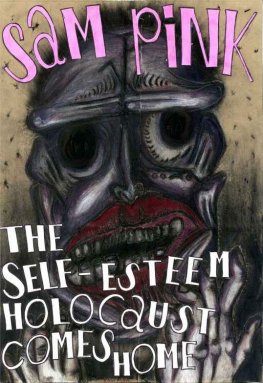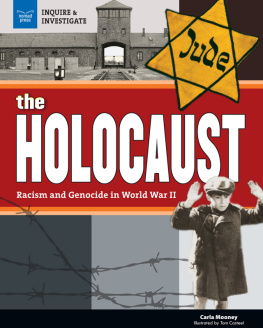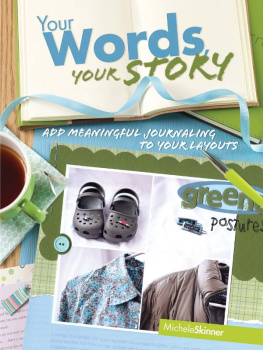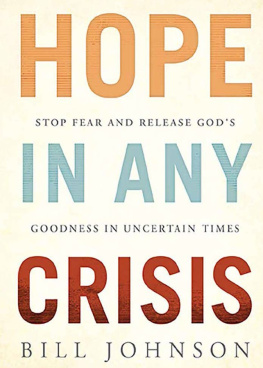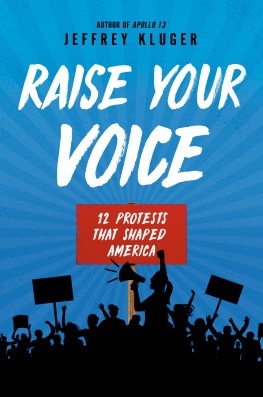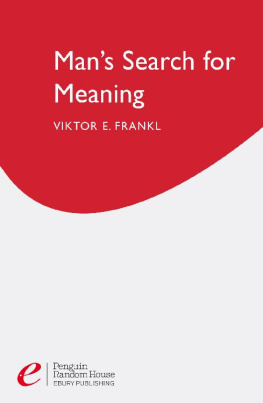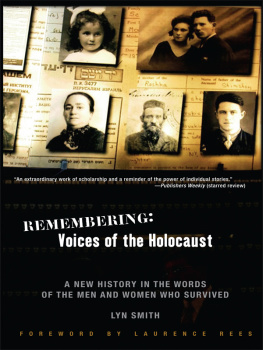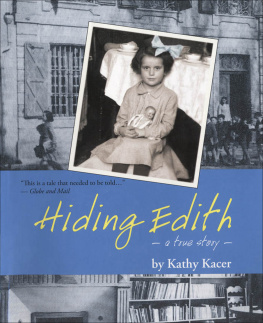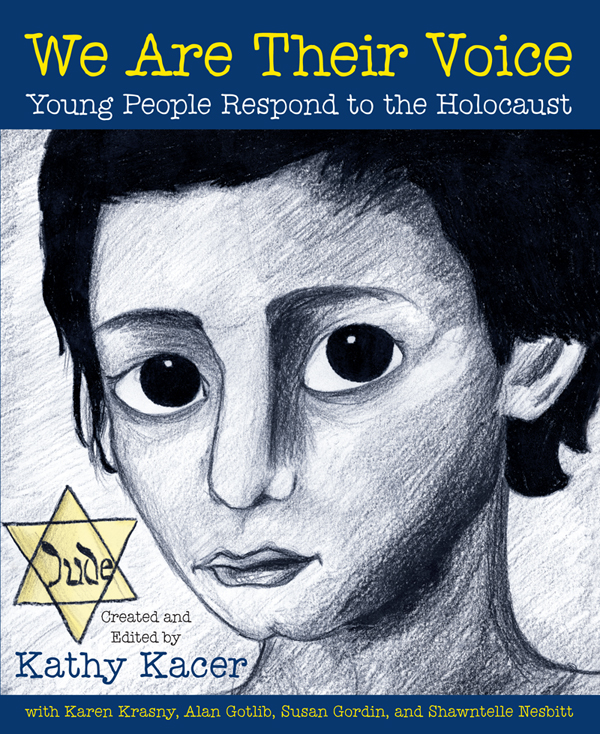
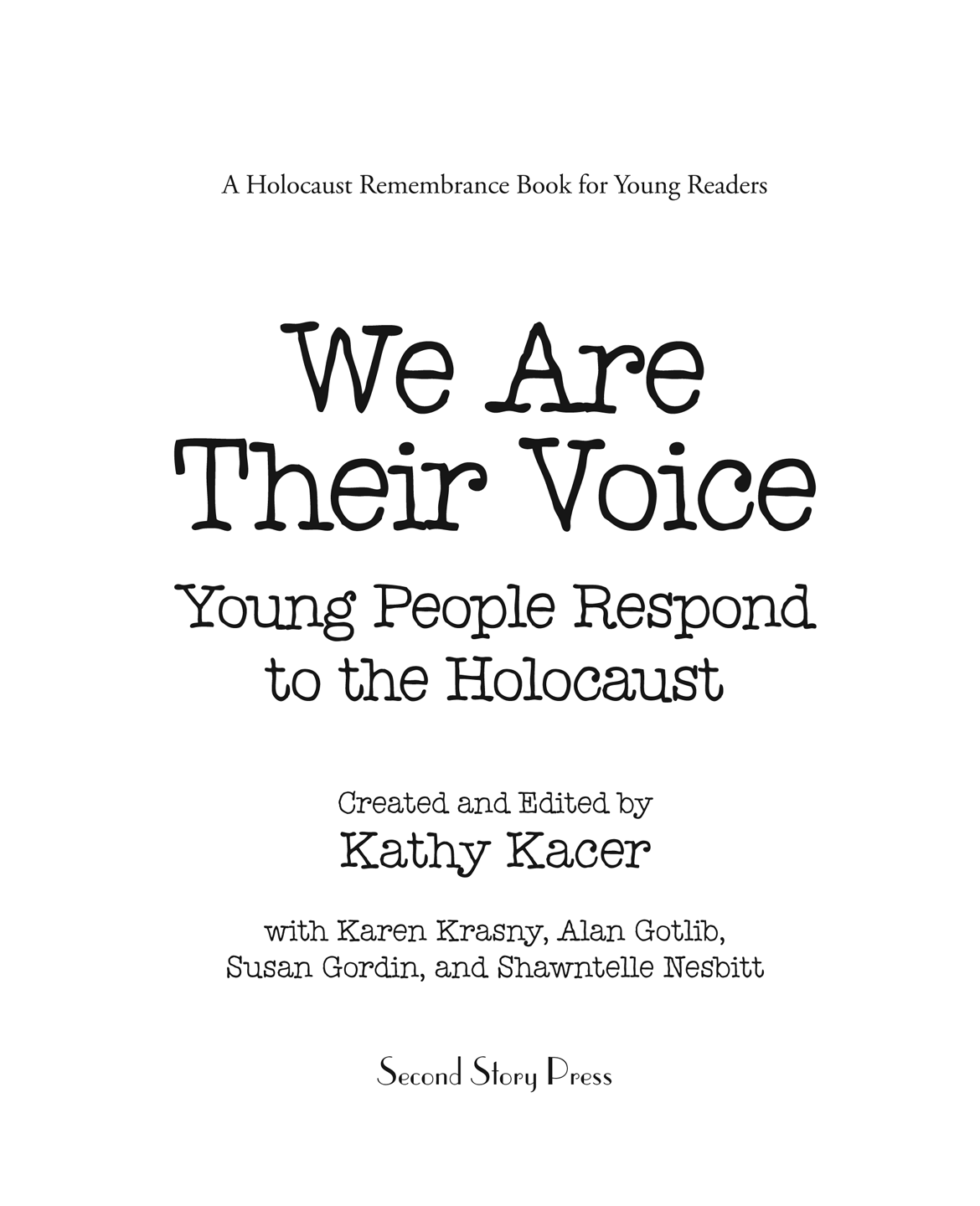
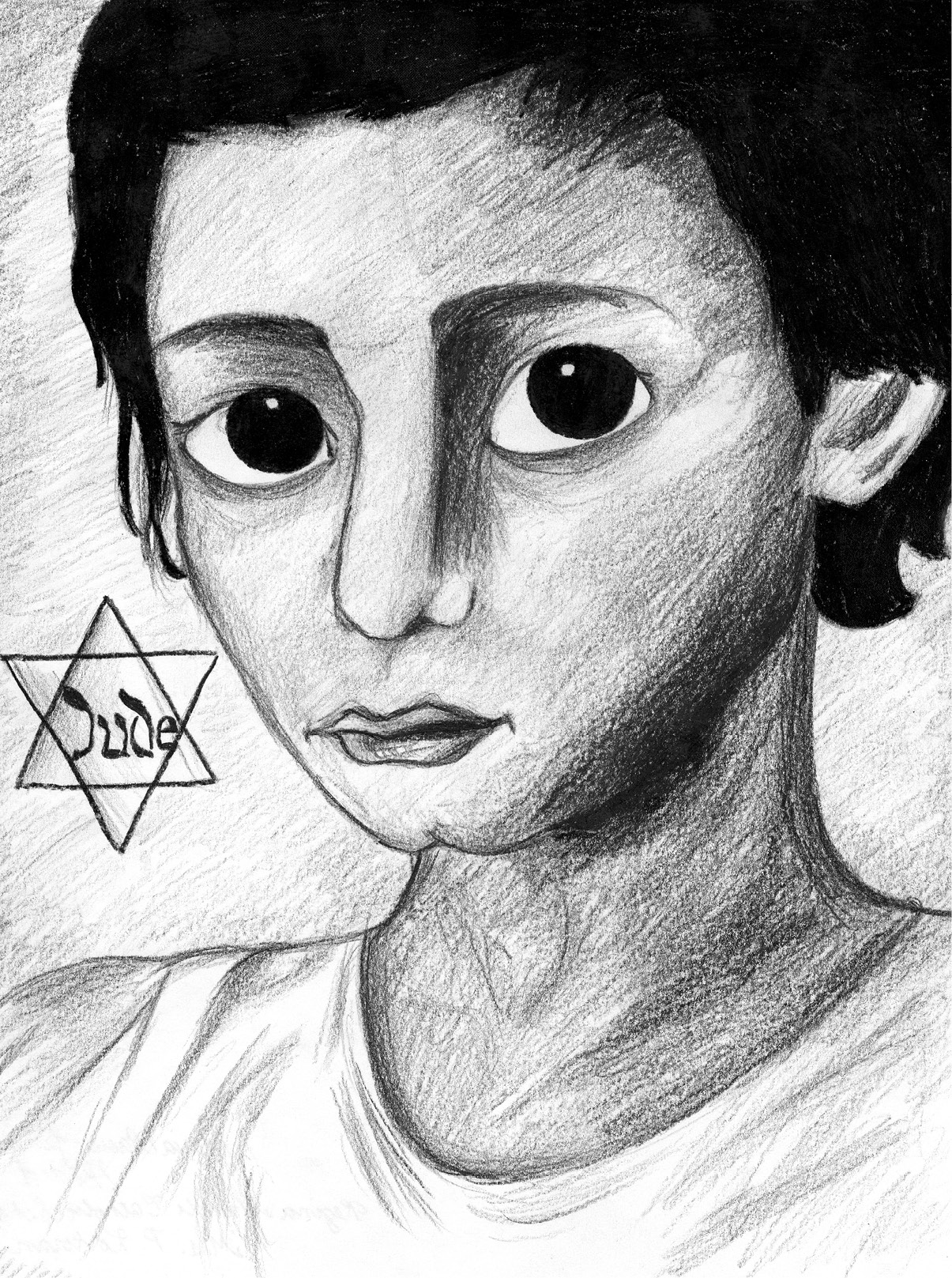
LIBRARY AND ARCHIVES CANADA CATALOGUING IN PUBLICATION
Kacer, Kathy, 1954
We are their voice : young people respond to the Holocaust / by Kathy Kacer.
(The Holocaust remembrance series for young readers)
ISBN 978-1-926920-98-6 (ePub)
1. Holocaust, Jewish (1939-1945)InfluenceJuvenile literature.
I. Title. II. Series: Holocaust remembrance book for young readers.
D804.34.K338 2012 j940.5318 C2012-904034-7
Copyright 2012 by Kathy Kacer
Edited by Sheba Meland
Cover illustration by Maria Basso-Jimenez, Gr.7,
Regina Mundi Catholic School, Hamilton, Ontario
Cover and text design by Melissa Kaita
The views or opinons expressed in this book and the context in which the
images are used, do not necessarily reflect the views or policy of, nor imply approval
or endorsement by, the United States Holocaust Memorial Museum.
Second Story Press gratefully acknowledges the support of the Ontario Arts Council
and the Canada Council for the Arts for our publishing program. We acknowledge
the financial support of the Government of Canada through the Canada Book Fund.

Published by
SECOND STORY PRESS
20 Maud Street, Suite 401
Toronto, ON M5V 2M5
www.secondstorypress.ca
... love is better than anger. Hope is better than fear. Optimism is better than despair. So let us be loving, hopeful, and optimistic. And well change the world.
Jack Layton, 2011
Former leader of the New Democratic Party, Canada
When they are gone, we are their voice.
Ori Berman
Grade 8 student
Leo Baeck Day School (North Campus), Toronto
Contents
To all the students who wrote stories and drew pictures
This book is yours.
Introduction
This is a collection of very moving, often even heart-wrenching writing and drawings created by young people like you. It is unlike any other book you will ever read. I have been writing books about the Holocaust for many years, trying to preserve this important history and find a way for others to learn from this horrific event. I am also the child of Holocaust survivors. My mother survived the war in hiding, and my father was a survivor of the concentration camps, so keeping this history alive is very personal for me. The survivors of the Holocaust are aging and, all too soon, their voices will be gone. I wondered could a new generation pick up that baton and be the voice of this history and of those who lived through it?
A Spanish-American philosopher named George Santayana once said, Those who cannot learn from history are doomed to repeat it. Santayana was concerned that once history was written, we would stop inquiring into past events so that we might continue to learn from them. I would like to think that as a society we have learned a lot since the time of the Holocaust. I would like to believe that we have learned to be kinder to one another, to stop fighting and killing and discriminating against those who are different. But sadly, this is not the case. The world continues to be plagued with war, genocides, and ongoing racial discrimination. Now more than ever, we must find a way to understand the evil events of history that keep repeating. This is the only way that we will be able to work toward a more equitable and peaceful world.
In the spirit of that ongoing goal, I created a writing opportunity for young people like you, across Canada, parts of the United States, and Europe. This project asked students in grades 6, 7, and 8 to write about the Holocaust in a meaningful way to try to understand the impact of this event, and to translate that into a story, a reflection, a response to a book or photo, a journal entry, a letter, or a tribute to a survivor. A wonderful committee of educators worked with me to develop the guidelines for young people to participate. Schools had to sign a letter of commitment for their students to take part. Each of those schools that signed on submitted their top five pieces of writing to me and my committee. I guaranteed that at least one out of five of those submissions would be published.
We Are Their Voice: Young People Respond to the Holocaust is the result of this effort. The book you are beginning contains the eighty-five pieces of writing that were chosen from more than two hundred submissions. In addition, there are a dozen drawings here that students also created.
As a committee, we were overwhelmed with the sensitivity, thoughtfulness, and insight that young people brought to this writing project. As you can imagine, selecting these eighty-five pieces was incredibly difficult. The final choices fill this collection with dramatic wisdom from your fellow students and provide important lessons and reflections about this terrible time in history.
Despite the fact that it happened long before you were born, you can make a meaningful connection to the Holocaust. And perhaps, with that in mind, you will be able to create a more peaceful future. Read the stories. Listen to the hopes, fears, and dreams that have been expressed here. We have so much to learn from you, the young people of the world.
Kathy Kacer
Foreword
I met Kathy Kacer for the first time several years ago. As a Holocaust survivor and World War II veteran, I have been speaking in schools and libraries for years, telling my personal story. I have collected thousands of poems, letters, drawings, and photographs that students have sent to me after hearing me speak. I contacted Kathy, wondering if there was anything that could be done with this collection of material. Little did I know that at about the same time, Kathy was thinking of creating a book of stories about the Holocaust written by young people. She asked me if I would write a foreword to this book when it was completed. I was happy to accept.
I was born in Rokitno, Poland (now Ukraine), and lived my childhood in a loving family. But when the Nazis took over in 1941, everything changed. Almost every Jewish person in my town was murdered, including my parents. My older brother Samuel and I managed to escape into the forest, and we survived there together in unbelievable and unbearable conditions. But we did survive. And I have spent my life since then talking about the Holocaust, and trying to keep the memory of this time alive.
In my vocabulary, hate is a word that does not exist. Now, if you had asked me about this at the time that I lost my family, I might have said something else. But that was a different time, and I was a different person. I have learned that it is useless to try to fight bigotry with more bigotry. Hate only leads to more hate. Thats not to say that it isnt important to fight back against injustice. Of course it is. Even in your own schools, you must fight for those who are being attacked or put down for their differences. You can never be quiet about these things. But you must speak up in ways that provide positive solutions. Understanding the stories of those of us who survived the Holocaust will, I hope, enable you to speak up for others who are unjustly targeted, in the future.
I always tell students that I am not here to teach about the Holocaust. I say to them: you already have many teachers, and my hope is that they will give you information about this time in history, or that you will learn about the events that happened during that time on your own. So I am not a teacher. I am here to tell you my personal story. And my hope is that it will be meaningful to you it will touch you in a way that facts cannot. And if you are moved by my recollections and those of other survivors, then my hope is that you will want to know more, and do more in your own life to fight against the prejudices that exist in the world. In many ways, my work is like the message of this book.

